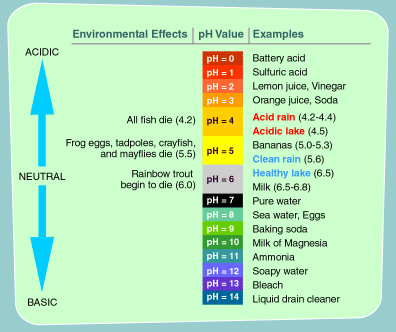Hopsta
Well-Known Member
- Joined
- 29/3/05
- Messages
- 435
- Reaction score
- 20
[SIZE=10.5pt]I’ve had the unfortunate experience of having to tip the past 6 batches of brew into the garden. it’s been doing my head in as to what’s causing the off flavour. it’s been the same flavour and mouthfeel each time slightly astringent, complete loss of all hop aroma, weird bitterness. [/SIZE]
[SIZE=10.5pt]my thoughts jumped immediately to suspect and infection. after 5 batches, lots of fastidious cleaning, some replacement equipment and a number of months later... i have another dodgee batch in the fermenter. im ruling out infection and am almost positive its a PH issue.[/SIZE]
[SIZE=10.5pt]ive been AG brewing for years and never bothered to check PH, ive used 3 vessel systems, a grainfather and am now on a braumeister. [/SIZE]
[SIZE=10.5pt]i ask the forum, how many of you AG brewers bother to check PH? i never thought of it as mandatory for a good outcome.... although now i think im paying the price. time to invest in a PH meter i think.[/SIZE]
[SIZE=10.5pt]my thoughts jumped immediately to suspect and infection. after 5 batches, lots of fastidious cleaning, some replacement equipment and a number of months later... i have another dodgee batch in the fermenter. im ruling out infection and am almost positive its a PH issue.[/SIZE]
[SIZE=10.5pt]ive been AG brewing for years and never bothered to check PH, ive used 3 vessel systems, a grainfather and am now on a braumeister. [/SIZE]
[SIZE=10.5pt]i ask the forum, how many of you AG brewers bother to check PH? i never thought of it as mandatory for a good outcome.... although now i think im paying the price. time to invest in a PH meter i think.[/SIZE]







